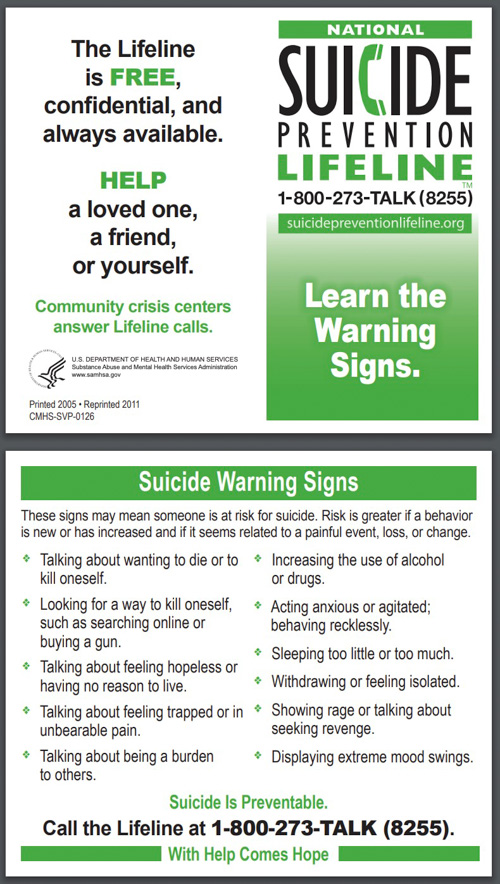
In January 2008 a few days after Wildfire Today was created I first wrote about firefighter suicide when someone I had served with on an Incident Management Team, Marc Mullenix, took his life. Some of his past jobs included Fairmont Fire Protection District, Wildland Fire Division Chief for the Boulder Fire Department, and Fire Management Officer for Mesa Verde National Park, all in Colorado. In 2007 Marc was a Type 1 Incident Commander trainee on Kim Martin’s Incident Management Team in the Rocky Mountain Geographic Area. He was married to Shawna Legarza, a former Hotshot who is now the Director of Fire and Aviation for the U.S. Forest Service.
In the last few years we have learned that the suicide rates of wildland firefighters is “astronomical”, according to information developed by Nelda St. Clair of the Bureau of Land Management in 2017. It is high even when compared with structural firefighters, which is also higher than the general population.
In an article published at REI.com this week, Jenni Gritters interviewed Director Legarza about firefighter suicide. The piece is titled, “Reports show wildland firefighters may struggle in secret once the season ends.”
The article shines a light on the issue and is very much worth reading, but below are excerpts:
Back in 2008, Lagarza says no one knew how to react to firefighter suicides. She wondered what to say to people, and what people would say to her. She wondered how she had missed the signs. She wondered if she should go back to work at all. Eventually, she returned to school to get her Ph.D. in psychology, to try to understand suicide better. Now she runs fire programs for the U.S. Forest Service, with a special emphasis on firefighter education.
[…]
There’s no denying that there is a problem when it comes to suicide: Wildland firefighters are dying by suicide at startling rates each year, far more often than people in the general population. This is a fact that has been known within the fire community for years, often whispered and mourned, but not spoken about directly until recently, Legarza says.
Part of the reason for the silence—and lack of information—around death by suicide comes from an issue with reporting. Jeff Dill, the founder of the Firefighter Behavioral Health Alliance (FFBHA), says that many firefighters experience mental health struggles after they’ve gone fully off-duty for the season, which means their deaths often go unreported within agencies like the National Park Service (NPS), Bureau of Land Management (BLM), and U.S. Forest Service (USFS).
[…]
In 2018, a Florida State University professor and clinical psychologist who studies military suicides released a study that ruffled some feathers when it showed that wildland firefighters, in particular, were more likely to report clinically significant suicide symptoms than non-wildland firefighters. In the study, 55% of wildland firefighters reported experiencing thoughts about death by suicide, compared to 32% of non-wildland firefighters. Both of these percentages are staggering compared to NIH suicide data on the general population, which shows that 20% of people, on average, experience some suicidal thoughts.
Help is available for those feeling really depressed or suicidal.
- National Suicide Prevention Lifeline: 800-273-8255. Online Chat.
- Anonymous assistance from the Wildland Firefighter Foundation: 208-336-2996.
- National Wildland Fire and Aviation Critical Incident Stress Management Website.
- Code Green Campaign, a first responder oriented mental health advocacy organization.
- Would you rather communicate with a counselor by text? If you are feeling really depressed or suicidal, a crisis counselor will TEXT with you. The Crisis Text Line runs a free service. Just text: 741-741

Other articles on Wildfire Today about wildland firefighter suicide:
- Suicide rate among wildland firefighters is “astronomical”
- Prince Harry spoke about mental health to farmers, but it could have been firefighters
- Inadequate sleep can help explain high rates of suicide and cardiac events among firefighters
Thanks and a tip of the hat go out to Bill. Typos or errors, report them HERE.

Thank you for posting this.